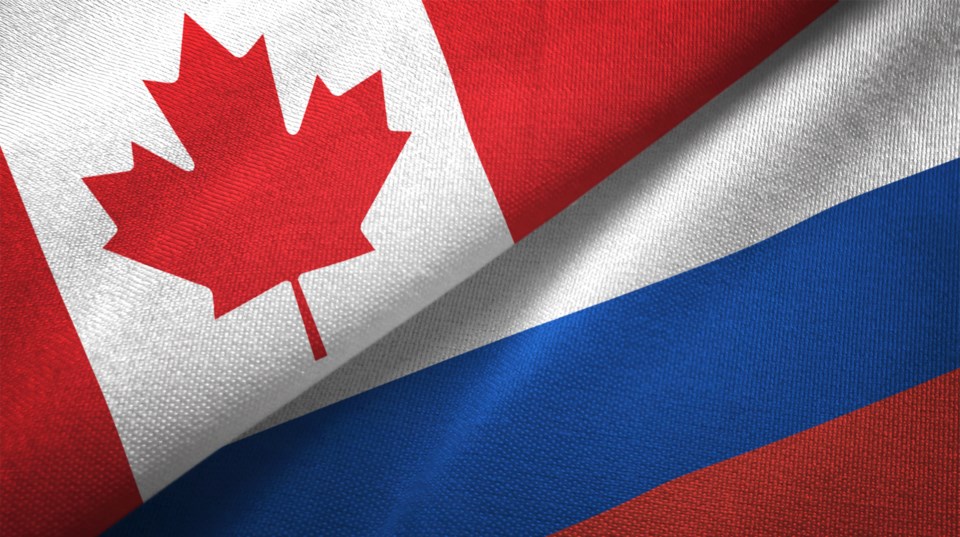The first seven months of 2023 have provided many opportunities for Canadians to engage with international news. We have been exposed to explosive indictments and meaningful court decisions in the United States, ample coverage of protests in France and a coronation in the United Kingdom.
In the most recent look at the way Canadians feel about 15 different countries, Research Co. and Glacier Media found that only four garner positive reviews from more than seven in ten respondents: the U.K. (74 per cent, ), Japan (also 74 per cent, up four points), Italy (73 per cent, up two points) and Germany (72 per cent, up three points). The rating is slightly lower for France (68 per cent, down two points).
As has been consistently the case since 2019, most of the G7 members are viewed favourably by Canadians. It is not a surprise to see the U.K. leading the charts, but this month marks the first time that an Asian country has matched its numbers.
One nation that did not see a fluctuation is the U.S. At the start of the year, 54 per cent of Canadians held favourable views of the neighbouring country. The proportion is the same this month. The results might seem disappointing for some but are significantly higher than the 32 per cent , when Canadians were following news about the impending American presidential election that was ultimately won by Joe Biden.
When it comes to the U.S., the provincial results on favourability are lower than the national average in Ontario (51 per cent) and Quebec (52 per cent) and higher in Alberta and British Columbia (54 per cent each), Saskatchewan and Manitoba (61 per cent) and Atlantic sa¹úŒÊŽ«Ãœ (62 per cent).
The political spectrum provides another layer of analysis. Majorities of Canadians who voted for the Conservative Party (62 per cent) or the Liberal Party (60 per cent) in the 2021 federal election view the U.S. positively, compared to just 44 per cent of those who cast ballots for the New Democratic Party (NDP).
The rating for sa¹úŒÊŽ«Ãœ’s other continental free trade partner fell by a couple of points. Positive perceptions of Mexico stand at 47 per cent this month, lower than South Korea (58 per cent, up one point) and higher than India (39 per cent, down two points).
The generational slant is noticeable when Canadians ponder Mexico. More than half of those aged 18-34 hold positive views (54 per cent), but the rating drops to 46 per cent among those aged 35-54 and to 41 per cent among those aged 55 and over. At a time when Canadians are starting to travel again after years of pandemic postponements, almost half of those aged 55 and over (48 per cent) view Mexico negatively.
There is little movement among the bottom six ranked nations. Fewer than three in ten Canadians hold positive views on Venezuela (28 per cent, down two points), Saudi Arabia (22 per cent, down one point), China (20 per cent, up two points), Iran (13 per cent, unchanged), Russia (also 13 per cent, up two points) and North Korea (11 per cent, unchanged).
The rating for some of these countries has been stable in the past few years. Perceptions on Venezuela, Saudi Arabia, Iran and North Korea have not been affected by recent events, but this is not the case with two other countries.
In , more than a quarter of Canadians held positive views on both China (27 per cent) and Russia (26 per cent). Both countries now sit far from these numbers. Perceptions on Russia plummeted after the invasion of Ukraine in 2022, and the country has remained in the bottom three – along with Iran and North Korea – ever since.
China’s nationwide numbers are up slightly, even after months of discussions related to interference from Beijing. There is no gender gap, but the shifts on age are severe. While a third of Canadians aged 18-34 hold positive views on China, the proportion decreases to 18 per cent among those aged 35 to 54 and to just nine per cent among those aged 55 and over.
Canadians do pay attention to what is happening around the world. Four years ago, it would have been inconceivable to mention Russia in the same breath as Iran or North Korea, but that is precisely how Canadians have reacted to the so-called “special operation” in Ukraine. China’s rating is not as low as it was at the height of Huawei Technologies Co. Ltd. chief financial officer Meng Wanzhou’s trial, but seven in ten Canadians still view the country unfavourably.
Mario Canseco is president of Research Co.
Results are based on an online study conducted from July 20 to July 22, 2023, among 1,000 adults in sa¹úŒÊŽ«Ãœ. The data has been statistically weighted according to Canadian census figures for age, gender and region. The margin of error—which measures sample variability—is +/- 3.1 percentage points, nineteen times out of twenty.


